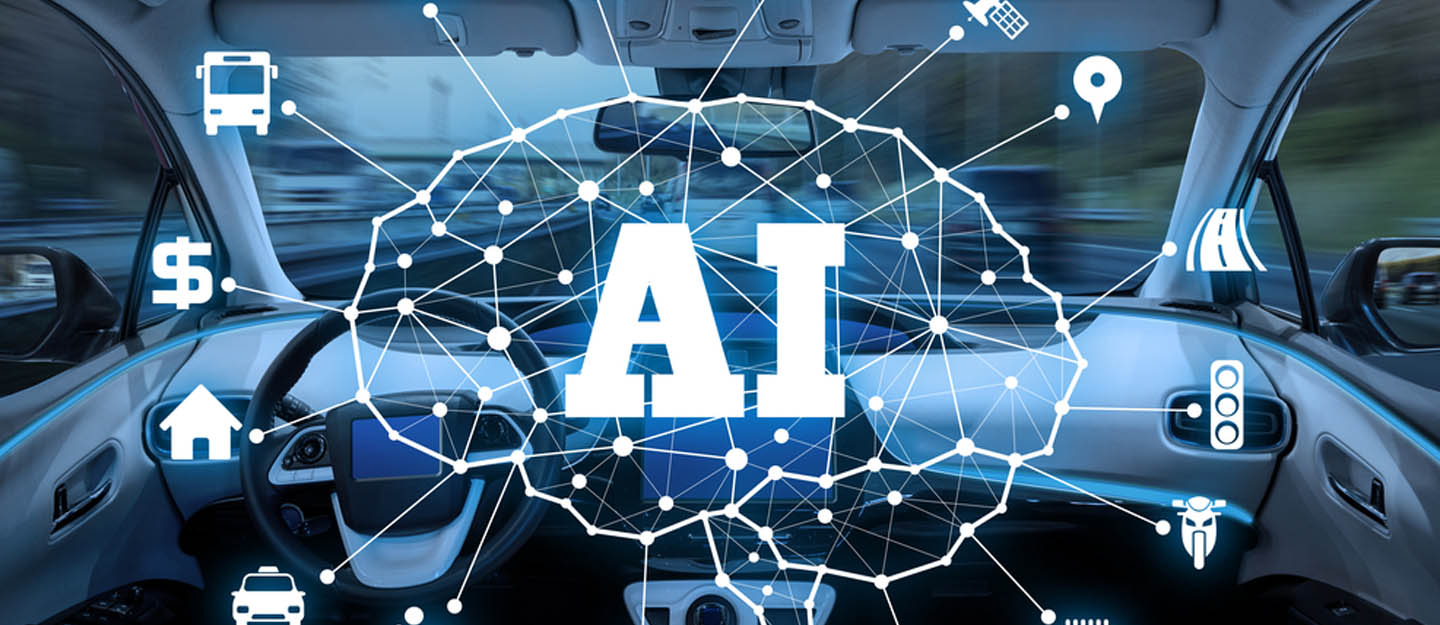Impact of AI on Society
Posted: Fri Jul 05, 2024 11:44 pm

The impact of artificial intelligence (AI) is a highly debated topic, with opinions varying widely. While some view AI as a beneficial tool that can enhance our lives, others argue that it is dangerous for the mankind. In this article, we will discuss various perspectives and relevant points on the matter, leaving it up to you to decide whether the impact of AI is ultimately positive or negative.
What is AI? While you might already have an idea, AI is essentially an attempt to replicate the human brain. While the human brain learns from experience, AI learns from data. The data we feed into AI allows it to make predictions, which can be wrong, marginal, or accurate, much like human predictions.Let’s start with the basics
Why create AI when we already have 7 billion human brains? Well, unlike humans, AI doesn’t get tired or bogged down by daily tasks. Our brains can become less efficient over time, and we can’t work 24/7. AI, on the other hand, can operate around the clock without a break.
You can easily transfer data to a new AI machine, making it as good as new, or even better. AI can be trained to handle various tasks continuously, freeing up your time for other activities. This not only saves time but also boosts productivity and automates processes with high precision.
Although AI is still in its developmental stage, we are already witnessing incredible advancements across various fields.
Smart Home

With our current technology, we have IoT, and we are now shifting towards AIoT. This will make our homes smarter and more comfortable.
For example, AIoT can understand our sleep patterns during weekdays and weekends, prepare our morning coffee accordingly, set alarms, adjust the AC temperature based on our body temperature, In security systems, AI can detect abnormalities and promptly alert both the owner and law enforcement. and much more.
Healthcare Industry

AI can accurately predict and detect abnormalities at very early stages, which is highly beneficial for the healthcare industry. for example Artificial intelligence system, just saved the life of a Japanese woman by correctly identifying her disease. This is notable because, for some time, her illness went undetected using conventional methods, and doctors were stumped.
AI Saves Woman's Life By Identifying Her Disease When Other Methods (humans) Failed
Financial Institutions

Denmark’s Danske Bank implement a fraud detection algorithm in its business. The deep learning tool increased the bank’s fraud detection capability by 50% and reduced false positives by 60%. The AI-based fraud detection system also automated a lot of crucial decisions while routing some cases to human analysts for further inspection.
Integrating AI into these institutions will not only safeguard them and their customers but also boost their efficiency. Additionally, implementing other AI tools will enhance customer service.
Education

The Ministry of Education acknowledges that every student has unique learning patterns, pace, and style. This diversity can make it challenging for teachers to create a curriculum that fits everyone’s needs. In these situations, AI proves to be invaluable. By analyzing individual learning patterns, AI can customize educational experiences, adjusting the content to match each student’s pace and style.
Cinematographer Max Paul Franklin faced a life-threatening situation when his insulin pump malfunctioned, causing severe dehydration and a dangerously high blood glucose level of 670. At 2:00 a.m., with no time to lose, he relied on his Tesla Model Y’s AI self-driving capabilities to get him to the hospital. Franklin shared that his Tesla efficiently navigated the 13-mile trip from his home in Virginia to the hospital and even offered to park itself, allowing him to receive immediate medical attention. According to Franklin, the journey was “swift and efficient,” showcasing the impressive capabilities of AI during the need.Transportation

If AI is safe enough to drive a car without human intervention, the same self-driving technology can be applied to logistics. This could eliminate the need for vehicle operators, making the process more efficient and economical.
In manufacturing industries, AI is drastically reducing costs.
These were just a few examples of how AI is significantly impacting various industries, And the list goes on!
AI is still in its early stages, and we’re already seeing numerous implementations across various fields. It’s exciting to think about where this technology is headed. However, as AI continues to grow, it’s important to recognize that its impact won’t always be positive. While many institutions are leveraging AI for societal benefits, there are also instances where it has been used for criminal activities.
- Deepfakes: AI-generated deepfake videos and audio can impersonate individuals, leading to blackmail, misinformation, and fraud. For instance, deepfakes have been used to create fake videos of public figures to manipulate public opinion and even elections.
- Phishing and Social Engineering: AI can create highly convincing phishing emails and messages, making it easier for cybercriminals to deceive individuals into revealing sensitive information.
- Ransomware Attacks: AI can enhance ransomware attacks by intelligently targeting victims and evading detection. This makes the attacks more efficient and harder to counter.
- Document-Scraping Malware: AI-powered malware can scrape documents to extract valuable information, making cyber-attacks more efficient and damaging.
- Evasion of Security Systems: AI can be used to bypass security measures like facial recognition and voice biometrics, allowing unauthorized access to secure systems.
One concern I have is the impact on hard work and creativity. With the advent of ChatGPT and similar chatbots, people have become much more reliant on them. Previously, when they needed information, they would spend time searching on Google. Now, with AI, all the information is just a click away. People today are heavily dependent on chatbots for tasks ranging from writing official emails to researching important topics.
Even students are using ChatGPT to complete their homework and create presentations. This reliance is troubling because it means they are losing out on developing their creativity and work ethic at a young age.
We are on the brink of an AI revolution. AI will be involved in the production, operation, disposal of the devices we use and even the entertainment we consume. AI will be everywhere, and honestly, we have no choice but to embrace its impact.
The future of AI is incredibly promising, but it demands careful consideration and responsible use. Given its vast potential, it’s crucial for the world to establish laws and regulatory bodies specifically for AI. These measures will help ensure that AI contributes positively to society and mitigates any potential risks. As we wrap up this article, I’d love to hear from you! Let me know in the comments how AI has changed your life or what you think about the future of AI. Goodbye until the next article!